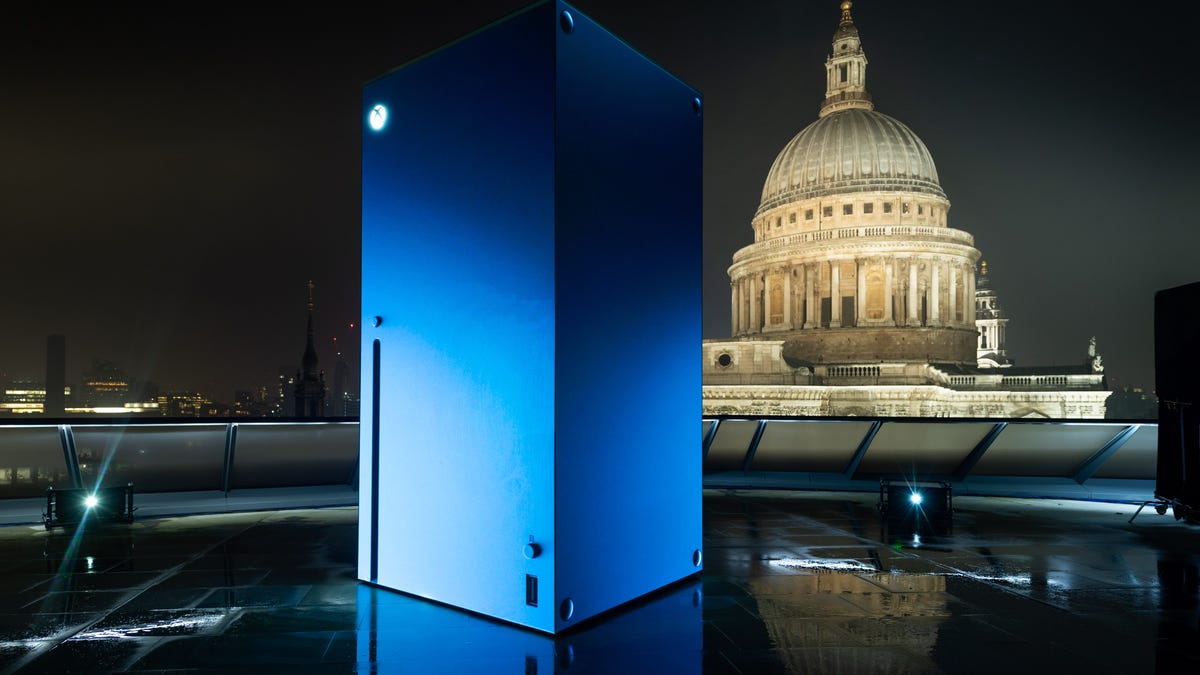Key Cloud Computing Concepts: Understanding the Foundations of Modern Tech
Virtualization: Think of virtualization as creating a "mini version" of something, like turning your computer into multiple computers. In the tech world, it means running multiple virtual systems (like virtual machines) on a single physical machine. It's like having different rooms in your house without actually building more walls. Scalability: Imagine you own a shop, and as more customers walk in, your shop gets bigger to accommodate them. Scalability in tech works the same way, it’s about expanding your system to handle more work as demand grows, without breaking a sweat. It's the ability to scale up or down depending on your needs. Agility: This is the ability to move fast and adapt to change, like a ninja dodging obstacles. In business and tech, agility means responding quickly to new opportunities or challenges without being stuck in rigid processes. Think of it like a startup adjusting quickly based on customer feedback or new trends. High Availability: This means your system is always "on", like a store that's open 24/7. No matter what, your service is up and running, with minimal downtime. If one door shuts, another immediately opens, ensuring you're always accessible. Fault Tolerant: Imagine having a backup parachute when you skydive; if the first one fails, the second one works. In tech, fault tolerance means the system can keep running smoothly even if something breaks. It's designed to handle failures without major issues, so you don’t lose everything if one part fails. Global Reach : Global reach is the ability to connect with anyone, anywhere, across the world. Imagine a business that can sell to someone in New York, Tokyo, or Paris without missing a beat. It’s about creating systems and services that work worldwide, making the whole planet your market. Elasticity vs. Scalability: Scalability is like building a bigger house when more guests arrive. Elasticity, on the other hand, is like having the ability to shrink your house or expand it on demand, only when necessary. With elasticity, your system automatically adjusts based on real-time traffic growing or shrinking based on demand. Scalability, while similar, doesn’t always adjust automatically; you have to decide when to expand.
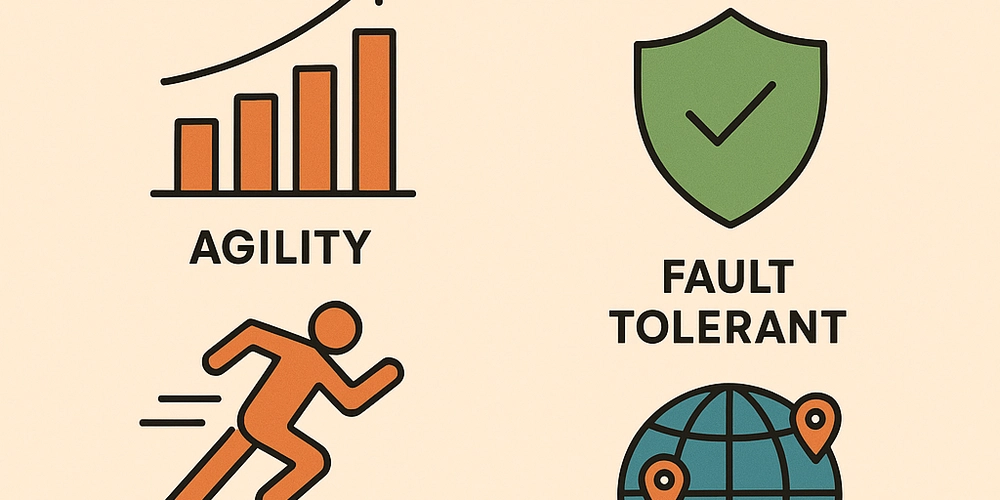
Virtualization: Think of virtualization as creating a "mini version" of something, like turning your computer into multiple computers. In the tech world, it means running multiple virtual systems (like virtual machines) on a single physical machine. It's like having different rooms in your house without actually building more walls.
Scalability: Imagine you own a shop, and as more customers walk in, your shop gets bigger to accommodate them. Scalability in tech works the same way, it’s about expanding your system to handle more work as demand grows, without breaking a sweat. It's the ability to scale up or down depending on your needs.
Agility: This is the ability to move fast and adapt to change, like a ninja dodging obstacles. In business and tech, agility means responding quickly to new opportunities or challenges without being stuck in rigid processes. Think of it like a startup adjusting quickly based on customer feedback or new trends.
High Availability: This means your system is always "on", like a store that's open 24/7. No matter what, your service is up and running, with minimal downtime. If one door shuts, another immediately opens, ensuring you're always accessible.
Fault Tolerant: Imagine having a backup parachute when you skydive; if the first one fails, the second one works. In tech, fault tolerance means the system can keep running smoothly even if something breaks. It's designed to handle failures without major issues, so you don’t lose everything if one part fails.
Global Reach : Global reach is the ability to connect with anyone, anywhere, across the world. Imagine a business that can sell to someone in New York, Tokyo, or Paris without missing a beat. It’s about creating systems and services that work worldwide, making the whole planet your market.
Elasticity vs. Scalability: Scalability is like building a bigger house when more guests arrive. Elasticity, on the other hand, is like having the ability to shrink your house or expand it on demand, only when necessary. With elasticity, your system automatically adjusts based on real-time traffic growing or shrinking based on demand. Scalability, while similar, doesn’t always adjust automatically; you have to decide when to expand.




















































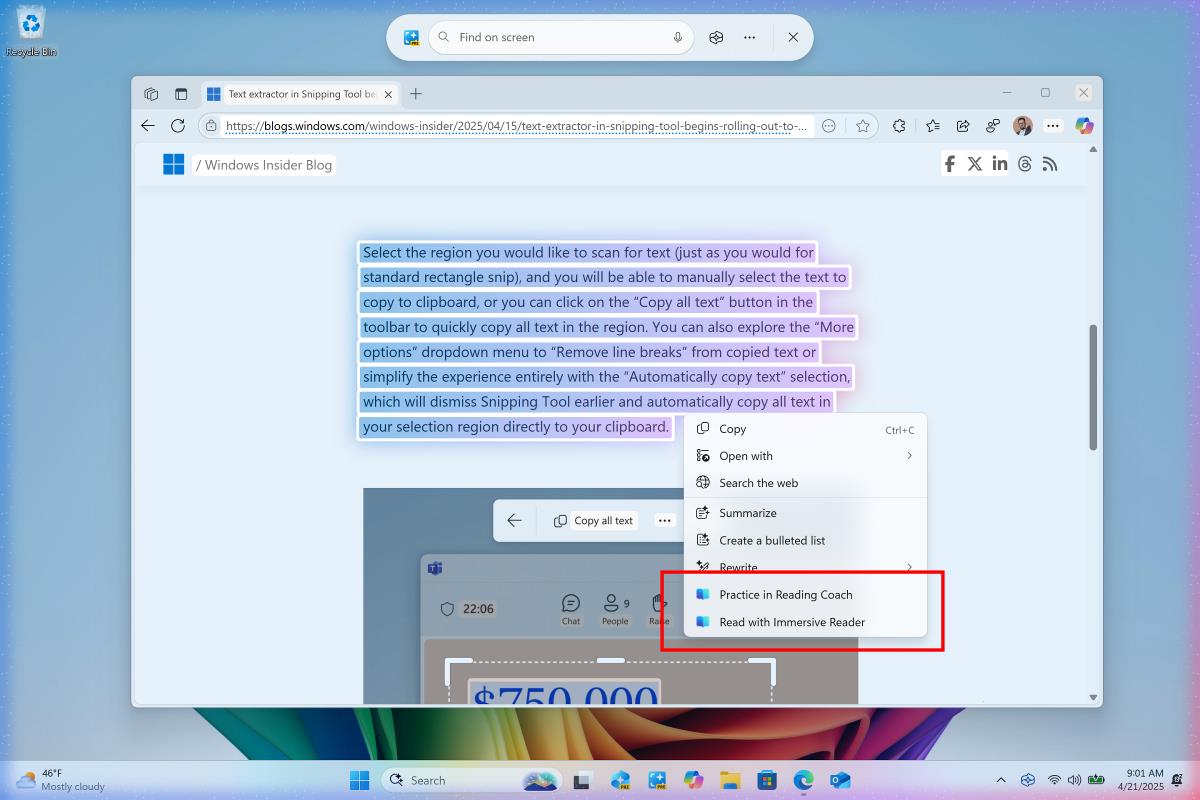














![Mike Rockwell is Overhauling Siri's Leadership Team [Report]](https://www.iclarified.com/images/news/97096/97096/97096-640.jpg)
![Instagram Releases 'Edits' Video Creation App [Download]](https://www.iclarified.com/images/news/97097/97097/97097-640.jpg)
![Hands-On With 'iPhone 17 Air' Dummy Reveals 'Scary Thin' Design [Video]](https://www.iclarified.com/images/news/97100/97100/97100-640.jpg)
![Inside Netflix's Rebuild of the Amsterdam Apple Store for 'iHostage' [Video]](https://www.iclarified.com/images/news/97095/97095/97095-640.jpg)
















![What iPhone 17 model are you most excited to see? [Poll]](https://9to5mac.com/wp-content/uploads/sites/6/2025/04/iphone-17-pro-sky-blue.jpg?quality=82&strip=all&w=290&h=145&crop=1)











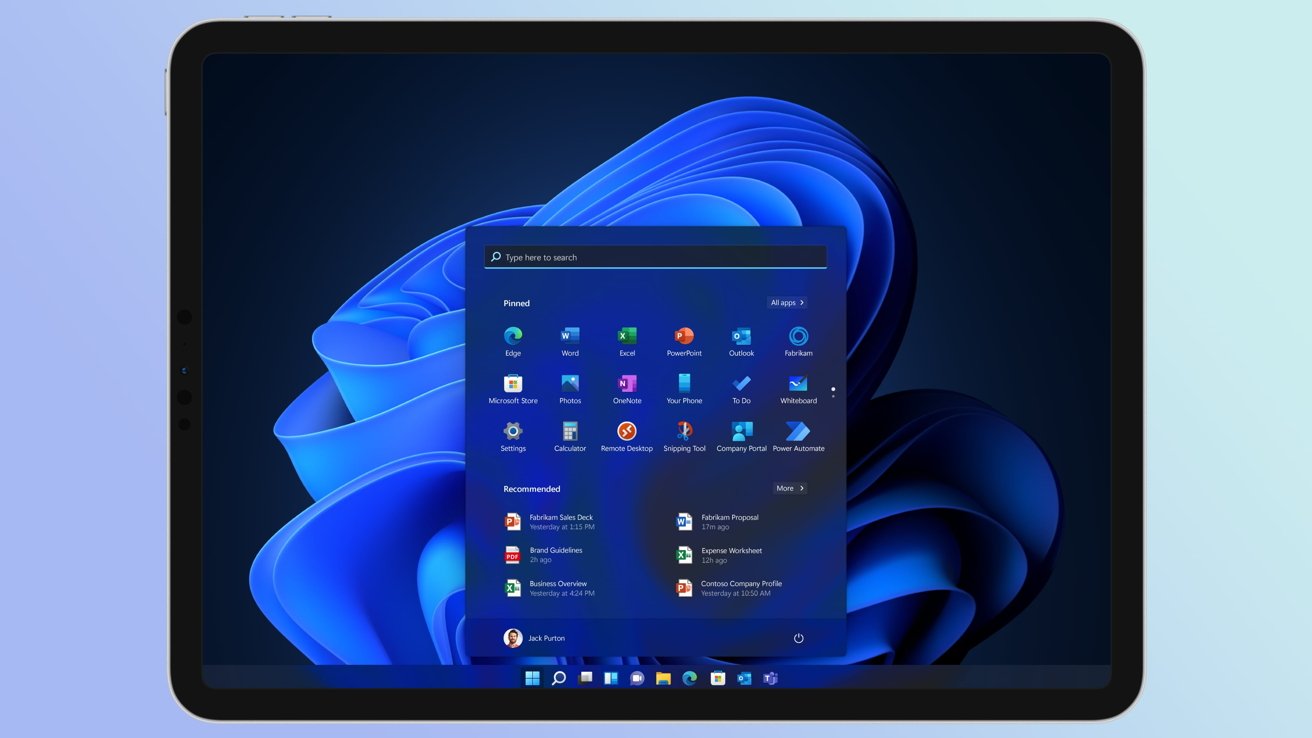


























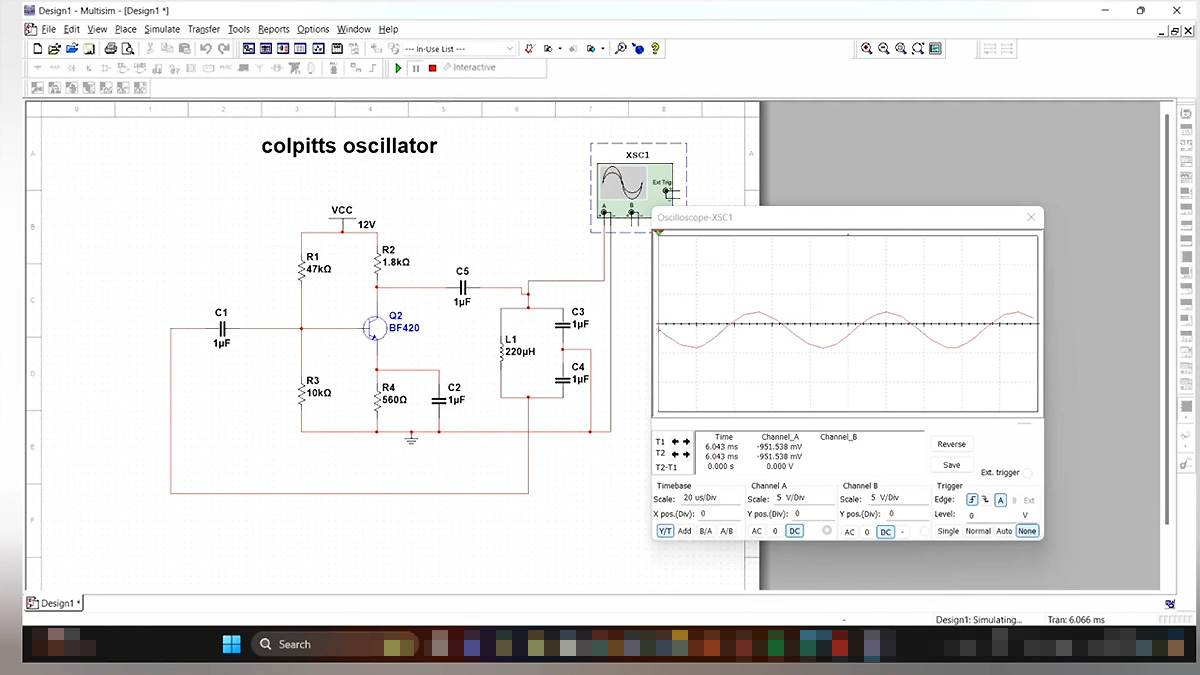
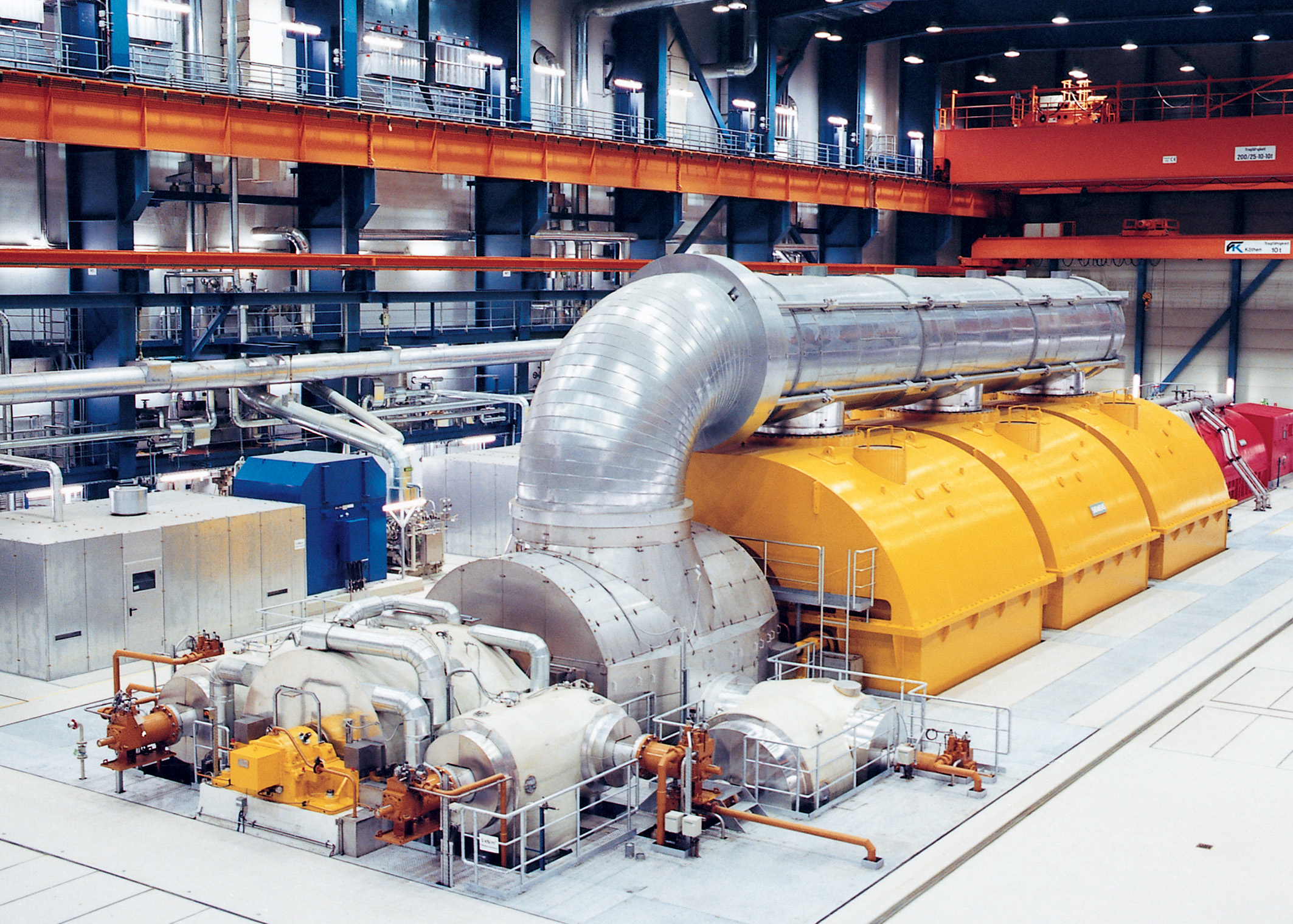








































































































































![[The AI Show Episode 144]: ChatGPT’s New Memory, Shopify CEO’s Leaked “AI First” Memo, Google Cloud Next Releases, o3 and o4-mini Coming Soon & Llama 4’s Rocky Launch](https://www.marketingaiinstitute.com/hubfs/ep%20144%20cover.png)























































































































![BPMN-procesmodellering [closed]](https://i.sstatic.net/l7l8q49F.png)

















































-All-will-be-revealed-00-35-05.png?width=1920&height=1920&fit=bounds&quality=70&format=jpg&auto=webp#)























